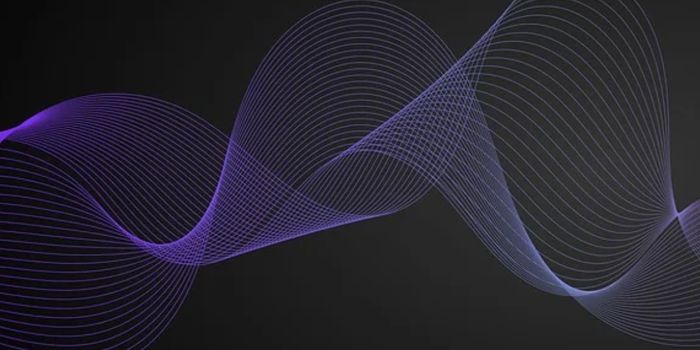Training Your Brain Like A Memory Athlete
The capacity of the brain to store and recall information rivals that of any super computer. There are even events where “memory athletes” compete to memorize and recall hundreds of words and digits after only a short period of study. Do these accomplished memorizers have a different brain structure, more neurons, or some other anatomical anomaly that made these feats of memory strength possible? Much like one would expect a marathon runner or champion weightlifter to have more muscle mass and strength, it was thought that there must be a difference in brain physiology in order to explain such a large memory and recall ability.
In a study published recently in the journal Neuron from researchers at Radboud University in the Netherlands, it wasn’t anatomy that was the answer, at least not the whole answer. Neuroscientists there, including a former memory athlete and trainer, showed that a 40 day cycle of daily 30-minute training could more than double memory capacity of study participants. Boris Konrad is a post-doc researcher in the lab of Martin Dresler, an assistant professor of cognitive neuroscience at Radboud University Medical Center in Nijmegen, The Netherlands. Konrad was no stranger to memory competition having competed globally and then trained other memory athletes. Together he and Dresler showed that with specific training, the ability to remember and recall large amounts of material can be learned and does not depend on brain anatomy.
Read More: Brain Training for Olympic Athletes
The study was begun at the Stanford University School of Medicine memory disorders lab and completed at Radboud. The team examined the brains of 23 of the best known and most accomplished memory athletes. Konrad was part of those scanned and had introduced Dresler to other competitors for the study. As a control, 23 people similar in age, health status, and intelligence to the memory whizzes, but who all had average memory skills were examined as well. Functional MRI scans (fMRI) that measured blood flow changes in the brain and neuronal networking were used along with structural MRI scans to measure brain size and volume. While there were no significant differences in anatomy, differences were definitely detected between memory athletes and non-athletes in connectivity patterns. About 2,500 connections in the brain showed real differences between the two groups with about 25 connections that directly related to memory skills.
What accounted for these differences? Training. None of the super memorizers had been born with their ability. Like athletes that compete in sports, they had all trained extensively to get to the their level of excellence. The brain differences shown on the scan had resulted from this intense learning and training. The next part of the study involved 51 volunteers who agreed to be tested on memory skills. Three groups were assembled: two groups that trained and one that did not. The two training methods were short term memory training such as games and learning sequences and strategic loci training such as that used by world memory competitors. Scans were completed both before and after the 40 day period.
Those who had not trained showed no improvement, as expected. The short-term training group showed some improvement but it did not last past 30 days. The group that used the loci training had huge gains in memory ability. On average the number of words they were able to remember went from 26 out of 72 to as many as 62 out of 72 and the scans backed up the ability, showing increased brain connectivity. Dresler explained, “After training we see massively increased performance on memory tests. Not only can you induce a behavioral change, the training also induces similar brain connectivity patterns as those seen in memory athletes.” The loci training method used can be found here. The video below talks more about the study, don’t forget to check it out.
Sources: Radboud University, Science Alert, Smithsonian Magazine









